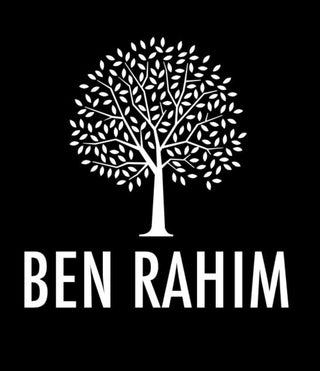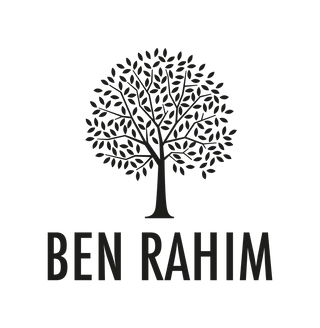


African coffees are generally quite floral and sweet, so if you like this profile, this type of coffee is for you. We will change the coffee each 3 months approximately, but the floral and sweet profile stays the same in all our Carthage coffees.

Raspberry, Cherry, Lemongrass


African coffees are generally quite floral and sweet, so if you like this profile, this type of coffee is for you. We will change the coffee each 3 months approximately, but the floral and sweet profile stays the same in all our Carthage coffees.

Raspberry, Cherry, Lemongrass
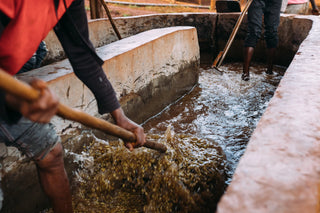
Faсtory
This coffee is sourced from 500 smallholder farmers in the Guji region of Ethiopia, who deliver their cherries to the Guji Hadeso washing station. The Guji region lies approximately 300 to 400 km south of Addis Ababa in the Oromia Region and is known for its distinct coffee varieties and microclimates, separate from the neighbouring Yirgacheffe and Sidamo regions.
Farming in Guji remains largely traditional and organic by default, with coffee plants typically intercropped with food crops to maximise land use and provide for farmers' families. Very few fertilisers or pesticides are used, and most work, including harvesting and processing, is done manually.
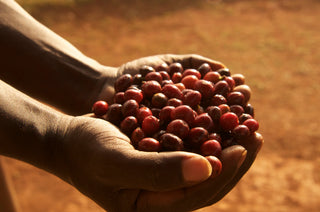
Cherries are selectively handpicked by farmers and delivered to the washing station within hours of harvest. After sorting to remove damaged or underripe cherries, the coffee is pulped and fermented in tanks for 36 to 48 hours with frequent water replacement. Following fermentation, the parchment coffee is washed thoroughly and graded before drying on raised beds under parabolic shade nets for 5 to 7 days until the moisture content reaches 11-12%. During drying, the coffee is regularly turned and hand-sorted to remove any defects.
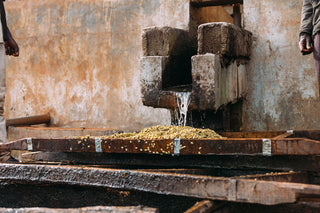
Process and variety
This lot is classified as Grade 1, the highest quality grade in Ethiopia, indicating coffee free of defects and cup faults. The coffee is processed using the washed method and features JARC varieties and local landraces grown in Oddoo Shakisso and Dambi Uddo areas within Guji Hadeso. Expect fruity notes raspberry, cherry and crisp brightness that reminds us of lemongrass.
